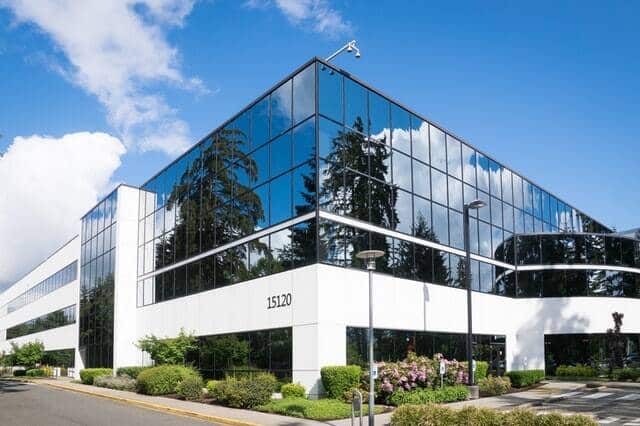If you’ve recently acquired a property and you’re looking to become a commercial landlord, you may be wondering what insurance you should require your tenants to carry. Join us as we dive deep into insurance requirements for triple net (NNN) leases. Please note, this article is the opinion of the STRATAFOLIO author. We highly suggest readers contact a licensed insurance professional and/or attorney for information.
Triple Net Lease Insurance
This requirement usually varies based on the type of lease. Under many gross leases, single net leases, and double net leases, the landlord is responsible for insurance coverage. But in a triple net lease, the tenant pays for insurance and is subject to certain requirements. Today, we’ll discuss the standard insurance requirements for an NNN lease.
What Are the Usual Insurance Requirements for Triple Net Leases?
As a commercial landlord, you have the right to require that your NNN tenants carry insurance. General liability insurance and property insurance are the most important (and the most commonly-required). Some landlords also require policies such as business interruption insurance, commercial auto insurance, and other policies.
An insurance clause in an NNN lease will likely have the following stipulations:
- The tenant must provide and maintain general liability insurance for the term of the lease.
- Your tenant must provide a certificate of liability insurance to the landlord.
- The tenant cannot amend or cancel insurance policies without 30-day notice to the landlord.
- Any personal property kept on the premises is kept at risk of the tenant only.
- Landlord must carry public liability insurance in common area of the premises.
In most cases, the insurance clause will also provide the minimum required coverage amount for each category of insurance. These monetary amounts will depend on the circumstances and can vary greatly from one lease to the next.
Why Liability Insurance is Important
Here are a few of the reasons why your tenants need to carry liability insurance.
Protect yourself from potential tenant mistakes
You can’t control everything that a tenant does on your property. If an accident happens and the property is damaged, or if several worker’s compensation claims hit their business all at once, then liability insurance can make sure you still get paid and that the property damage is taken care of.
Divide risks and liabilities between yourself and the tenant
In most commercial leases, the landlord is responsible for repairs and maintenance whereas the tenant is responsible for any damage that they cause beyond the normal levels of wear-and-tear. But if your tenant doesn’t have general liability insurance, you may end up being responsible for the full cost of repairs – even if the tenant directly caused damage to the property.
Ensure you get paid, even if unforeseen circumstances strike
Even the most responsible tenant can make a mistake that results in the destruction of the property they’re renting. If worse comes to worst and your building is irreparably damaged, then liability insurance will help pay for reconstruction. The burden on your tenant will be minimized, and you won’t have to take legal action against them in order to pay for reconstruction.
Keeping Record of Your Tenant’s Insurance
Make sure to keep your tenant’s certificate of liability insurance in your records at all times. It will provide a summary of coverage limits, effective dates, and other important information. Unforeseen circumstances may arise, but you’ll be protected with general liability insurance.






